By the time neighbors acknowledge that you grow the most vigorous tomatoes and bake the tastiest bread around, you’ve probably thought more than once that raising chickens might be for you.
Having done your homework, you know that more cities throughout the U.S. are permitting as many as four or six chickens in a backyard as long as you keep their living area clean and within your community’s zoning codes. Maybe this is true in your city as well.

Even more, you have got the time, materials, and inclination to raise chickens. But which breed to buy? There are so many. Ron Kean, University of Wisconsin at Madison poultry expert, says the best chicken for an urban flock is the one you will enjoy.
“Get what you like,” Kean says. “For many people with just a few chickens, you can adjust [your coop and layout] to the breed.”
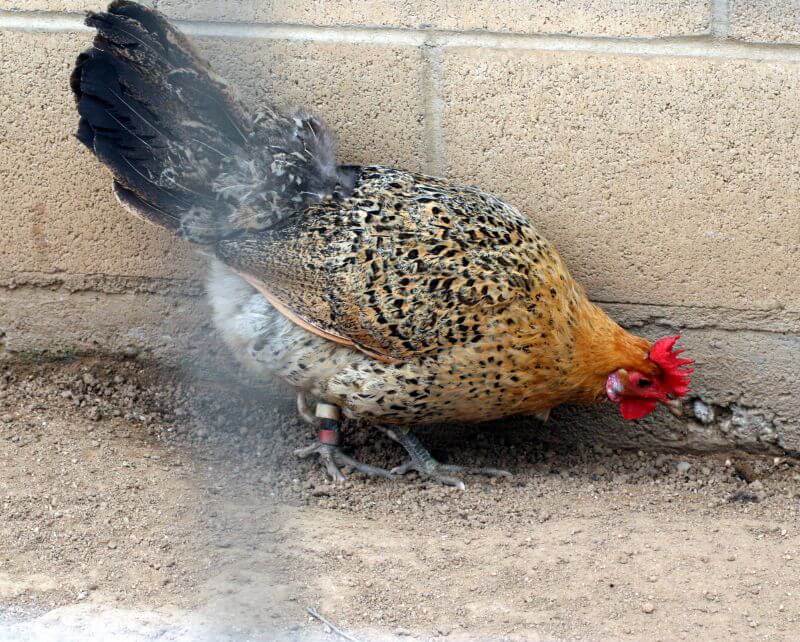
But for the beginner who has an interest in nearly every chicken breed they see in a catalog from bright feathered Sicilian Buttercups to reliable egg-producing White Leghorns, you have to decide what you want, knowing you can change your mind and get a different breed in a year or two.
Roosters And Meat Birds Are Bad For The City
Most cities that allow chicken coops also prohibit keeping roosters or in-home butchering. When you come upon a rooster, you may be able to relocate him with a friend in the country, or perhaps the breeder or store where you purchased him will exchange him for another hen. But the prohibition on at-home butchering means you’ll also want to avoid meat-chicken breeds.
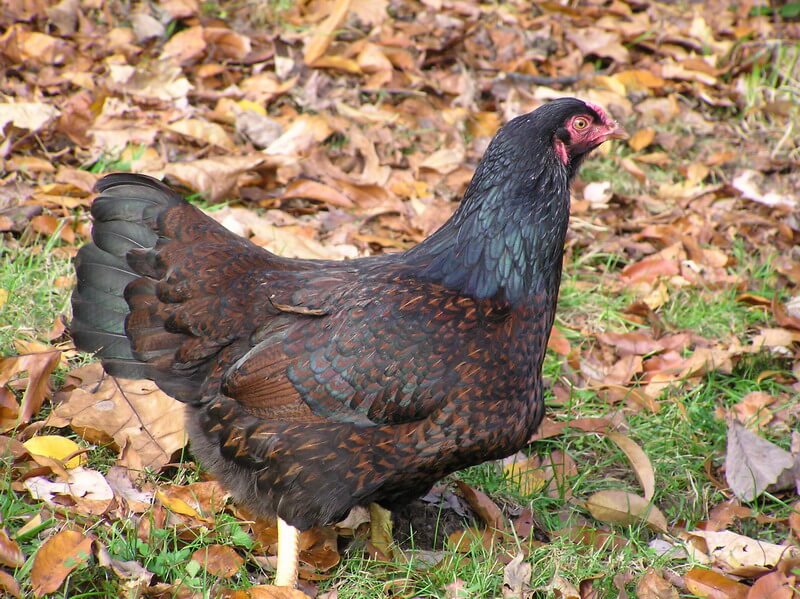
The best of the meat birds are poor egg layers and tend to gain weight quickly making them ready for slaughter within 20 weeks of hatching or less. Keeping a Cornish or Jersey Giant, or a hybrid for months or years means they could gain plenty of weight (especially when pampered) and may someday have trouble moving around—a disturbing sight.
Best Breeds For Eggs
If all you want are the biggest and largest number of eggs possible and you’re less concerned with having chickens as pets or feathered friends, consider Leghorns. Brown and White Leghorn chickens lay white eggs and do so reliably.
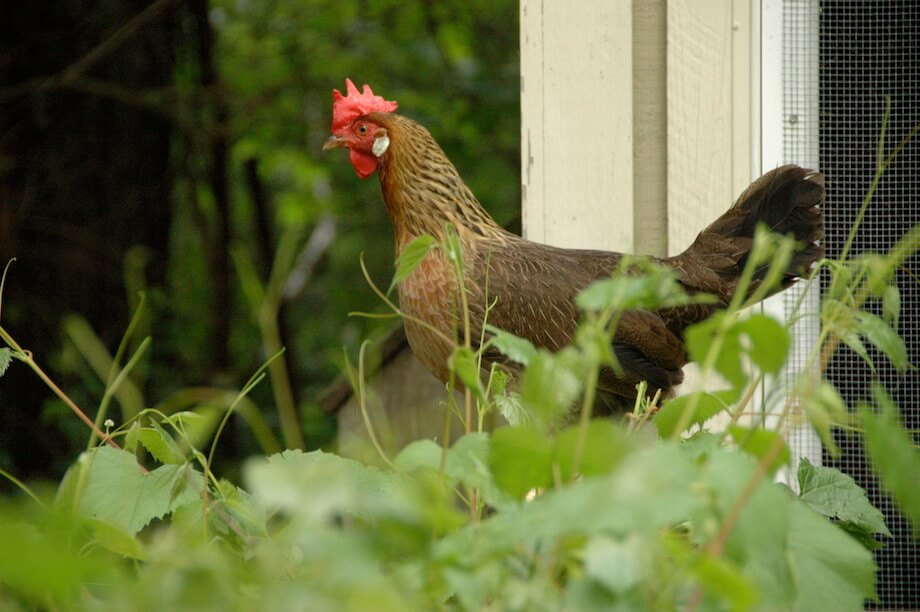
Their lean bodies put most of the feed they take in into making eggs, giving them what farmers call a high or good feed conversion rate. Kean says Brown Leghorns are his favorite breed, the one kept often at University of Wisconsin laboratories. “I think the rooster is the classic rooster I think of that has the Junglefowl look,” he says of brown leghorns’ resemblance to the first domesticated chickens.
Also good egg layers but less common are Anconas, Fayoumis, and Norwegian Jaerhons according to Storey’s Guide to Chickens. What these chickens produce in eggs, they lack in social grace.
That is, they tend to be flighty—squawking at seemingly nothing, scattering quickly in the presence of a small dog or child, and (occasionally) flying away to safety. If you have a relatively open backyard or think your neighbors would complain if there is a chicken in their backyard, avoid the high-strung egg producing breeds.
Breeds Good For Eggs And Meat
The most calm, even docile, chicken breeds also offer regular eggs for breakfast and baking. These are often called dual-purpose breeds, ones that are equally good at laying eggs and bulking up meat mass for eating.
“Opringtons are popular, quiet, docile, and winter hardy,” Kean says. “[Plymouth] rocks and Wyandottes are also pretty popular.”
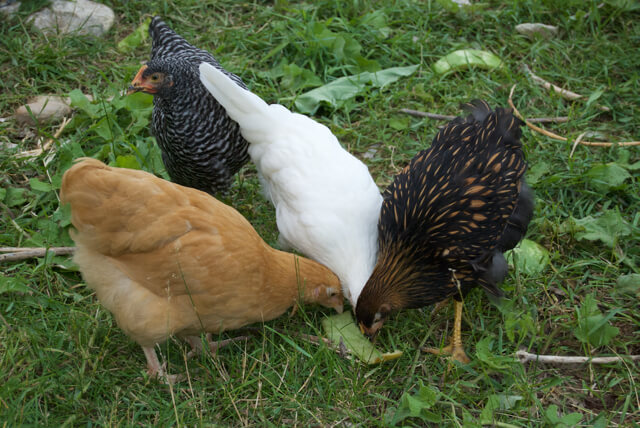
Rhode Island Reds are in this category and have been a homesteader’s favorite for decades. Black Australorps are also a docile choice. Consider chickens in this category the lap dogs of the poultry world. They will greet you when you come with food and rarely cause a fuss. Other than seeing them pick worms from the lawn and hunker down from a hawk, you might never know you had them.
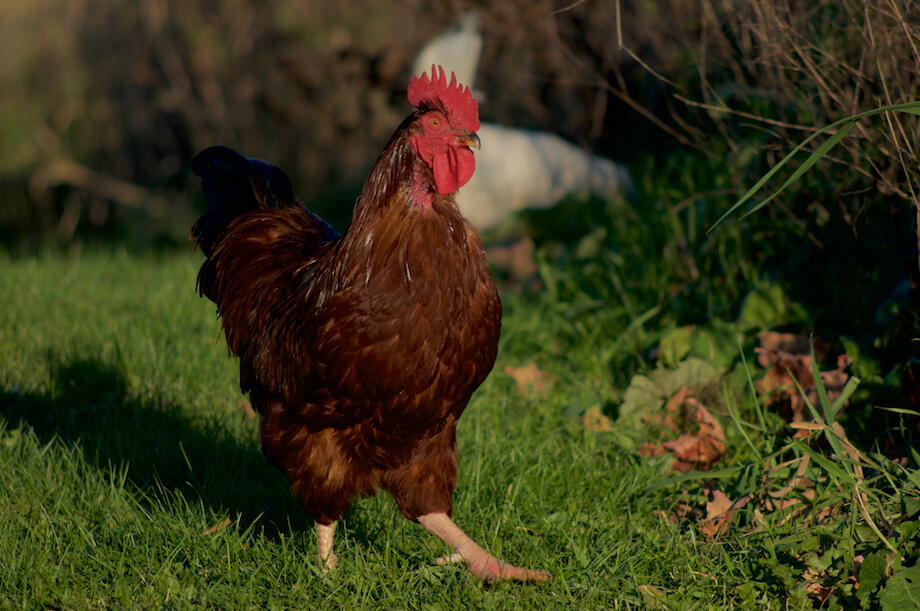
Rare Breeds That Look Beautiful
If bold plumage or a taste for something rare is in your budget, consider one of dozens of rare-breed chickens. Poultry breeders will offer these birds online or at their hatchery for in-person sales and they often go quickly.
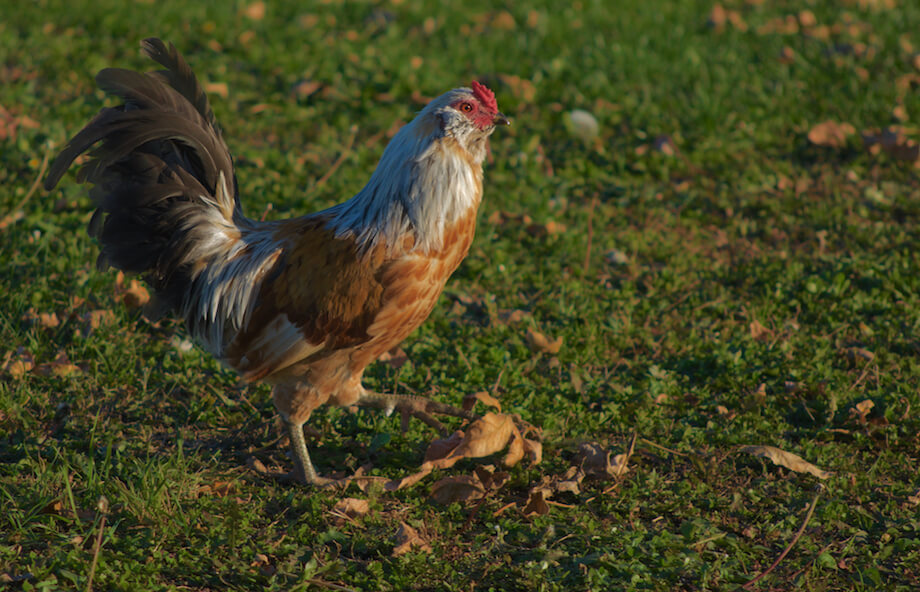
For a particular rare breed there might be only a few dozen breeding pairs of birds meaning the prices for these can be high. Fancy Polish chickens with their broad feathery crowns are popular as 4-H projects across the country. Other breeds called White Chantecler and White Sultan are available, so are Aseels and Junglefowl. Their origins range from Indonesia to the African savannah and Quebec. Imagine a kind of chicken and it can be had, for a price.
Related Post: Urban Chicken Laws in Washington
A less expensive, but equally entertaining route is to go with a bantam breed, perhaps a bantam-sized Rhode Island? These are literally pint-sized chickens that lay doll house-size eggs and are about one-third the size of any standard breed. Bantam “Easter Eggers” are what they sound like they are: small chickens that lay colorful green, blue, and-or brown flecked eggs. And because they eat less food and take less space, they are ideal for cramped backyards or shaded roof-top coops.
Environmental Concerns Of Keeping Chickens In The City
The small, city flock has issues that flocks in the country simply don’t have. One is the small size. Kean says that chicken flocks with 30 or 40 birds can easily huddle together if it gets too cold. Birds in limited-size city flocks have no such luxury. That means a chicken that is already susceptible to cold will be more so. The reverse is not true for heat, however.
Consider your own home’s location and surroundings. Will your north-facing yard be too cold in the winter for your hens? Will your south-facing treeless chicken enclosure be void of shade during hot summers? How about a roof-top coop? Is it too exposed and noisy for a flighty bird but OK for a docile egg layer?
Related Post: Are There Laws Against Backyard Chickens?
Do you have room for your chickens to free range or will they be mostly coop-bound? Certain chickens, such as Old English Game chickens, are fairly self-sufficient and forage through grass easily, but fly easily. Plymouth rocks and Wyandottes do forage well but fly little.
Other chickens will depend on you feeding them a regular and nutritious diet and would be underfed if left to fend alone in a yard for food. Ask your breeder questions or visit a frequently asked questions page on their website for answers to how their particular chicken variety will fare under conditions you are prepared to provide.
So what is the single best breed for cities? Same as for the country: it depends. Docile breeds that can get along in a variety of conditions are easier to keep, but are more common and less flamboyant. Expensive, colorful birds may present a bigger challenge and require more precise care, but produce few eggs.
The choice is yours, but learn as much as you can before you buy, let the birds teach you a bit more and remember to have fun.








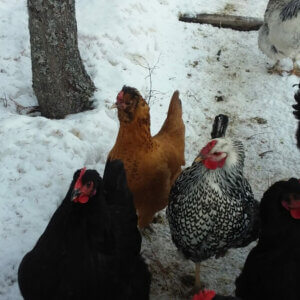

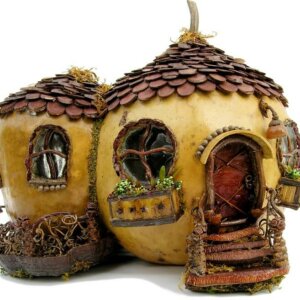



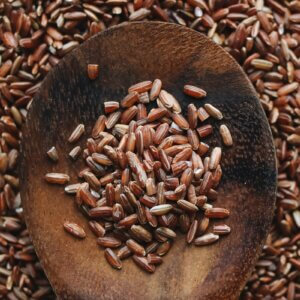



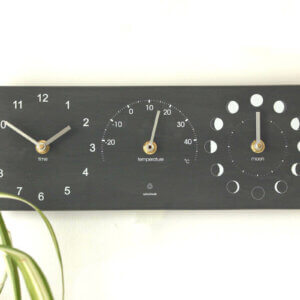


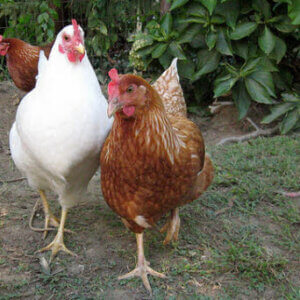
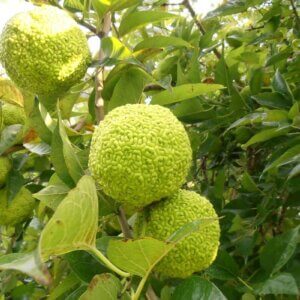


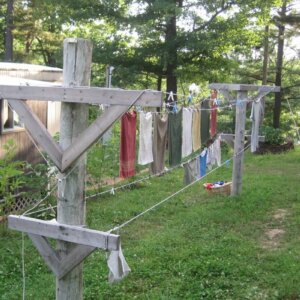






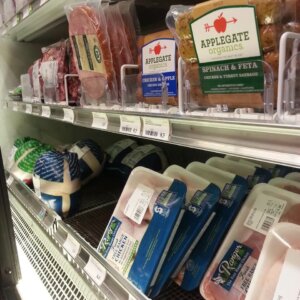






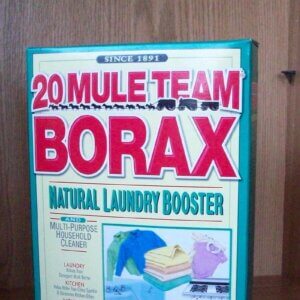


Photo/Attachment:
Can you tell me what breed this is? It was very small in size and extremely well mannered. Thanks!!